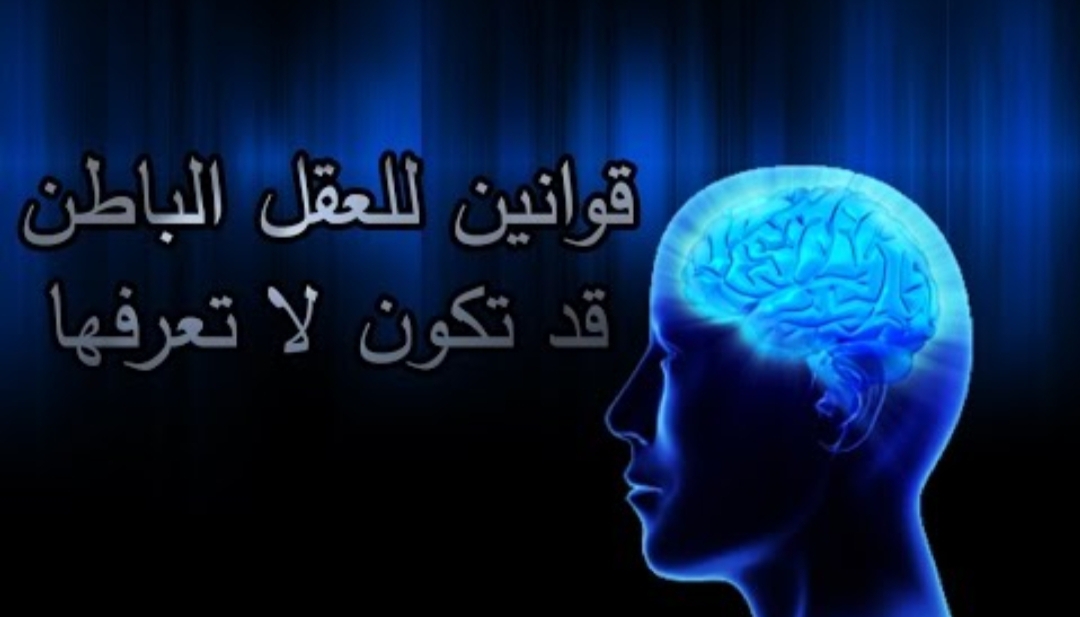What is the relationship between the sound of chewing food and the brain?

What is the relationship between the sound of chewing food and the brain?
A team of scientists has shed light on why everyday sounds such as chewing, drinking and breathing are so unusual for some people that they are frustrated.
selective sound sensitivity syndrome
The familiar chewing and swallowing sounds while eating aren't distressing enough for most people, but those with misophonia - literally the dislike of sound - can be so uncomfortable that they feel disgusted, tense and angry up to violence in some cases.
The condition is known as misophonia or misophonia. It is also called selective sound sensitivity syndrome. It is a type of nervous disorder, which is characterized by a negative emotional reaction to hearing some whispered sounds, especially the sense of sounds emanating from the mouth; such as chewing, breathing, coughing, and other subtle sounds; Like the sound of typing on the keyboard or the creak of a pen.
cerebral motor cortex
Brain scans, conducted by researchers at Newcastle University, revealed that people with misophonia have a stronger connection between the part of the brain that processes sounds and the part of the so-called motor cortex that deals with movements of the muscles in the mouth and throat.
When a "disturbing sound" was played over hearing people with misophonia, the scans showed that the area of the brain associated with mouth and throat movement was overactive compared to a control group of volunteers without the condition.
Dr Sukbinder Kumar, a neuroscientist at Newcastle University, said: 'The results of the study suggest that sounds that provoke misophonia activate the motor area even though the person is only listening to the sound" and not eating themselves, which "makes them feel as if the sounds are intruding on them."
mirror neurons
Kumar and his colleagues believe that stimulating sounds activate the brain's so-called mirror neuron system. Mirror neurons are thought to activate when a person performs an action, but also when they see others making certain movements.
excessive reflection
Activation of the mirror neuron system with misophonia-evoking sounds did not trigger involuntary initiation of chewing or swallowing. But researchers believe it can produce a drive through what they call "excessive reflexology." Dr. Kumar said that some people with this condition mimic the sound that excites them because it brings them some relief, perhaps by reasserting control over the sensations they feel.
Neuron training
Dr Kumar added that the mirror neuron system can be trained, so it may be possible for people to sever the link between a particular sound that triggers them to anger, stress and the painful influences they are exposed to.
Tim Griffiths, Professor of Cognitive Neuroscience at Newcastle and lead researcher on the study, said the work highlights the importance of treating misophonia as more than a problem related to the sound-processing areas of the brain, adding that effective treatments must take into account which areas of movement have been identified. With the brain.
Other topics:






